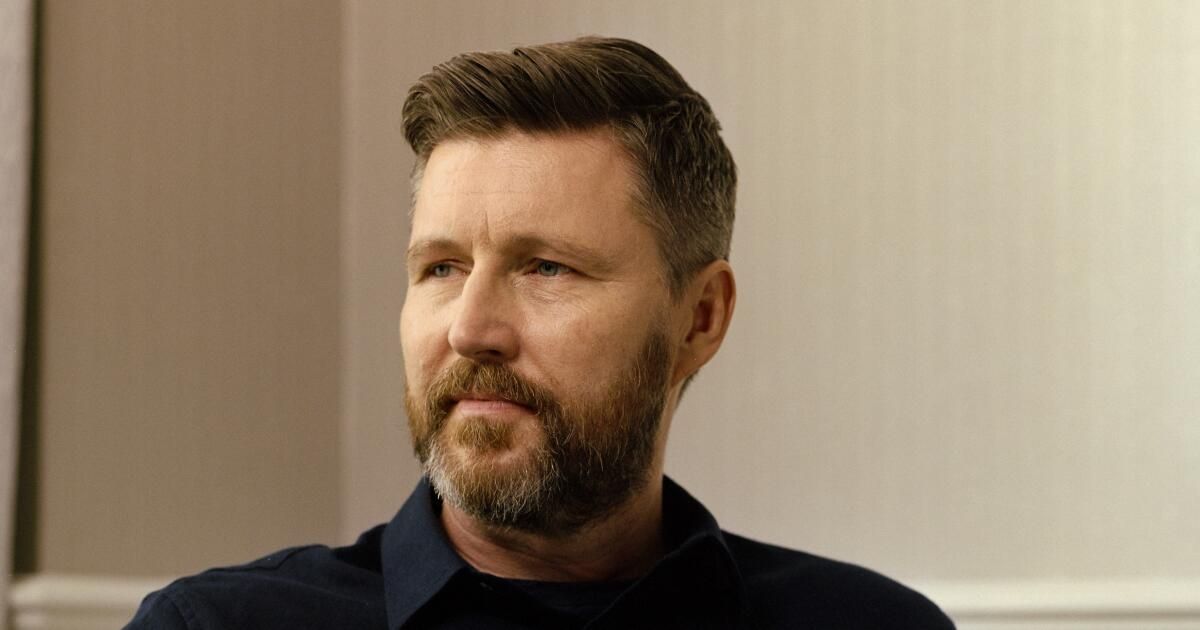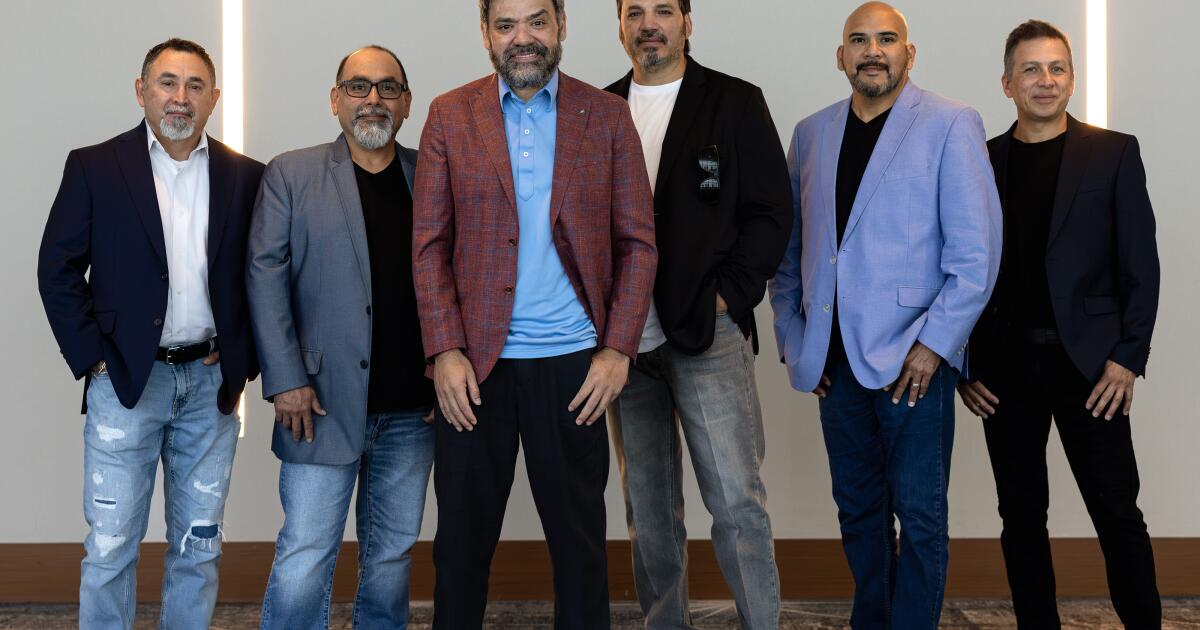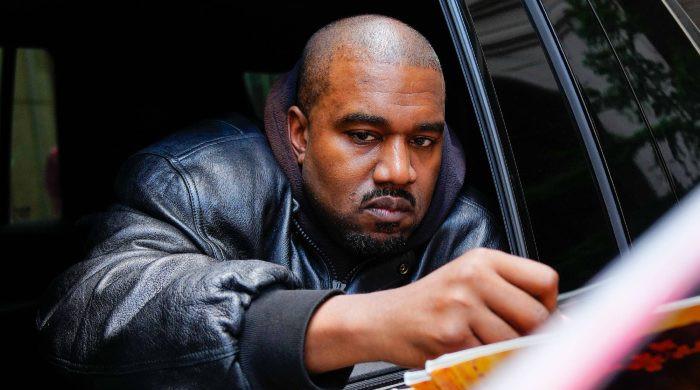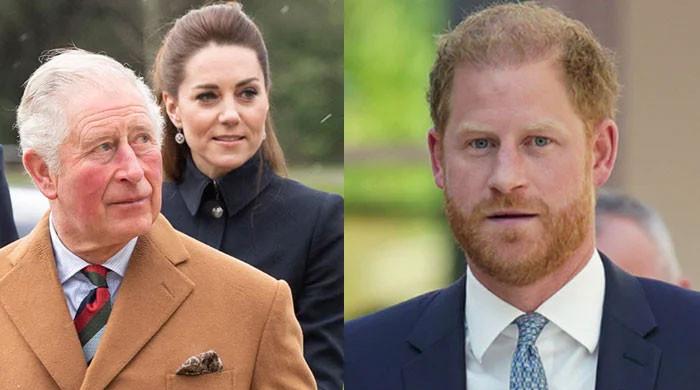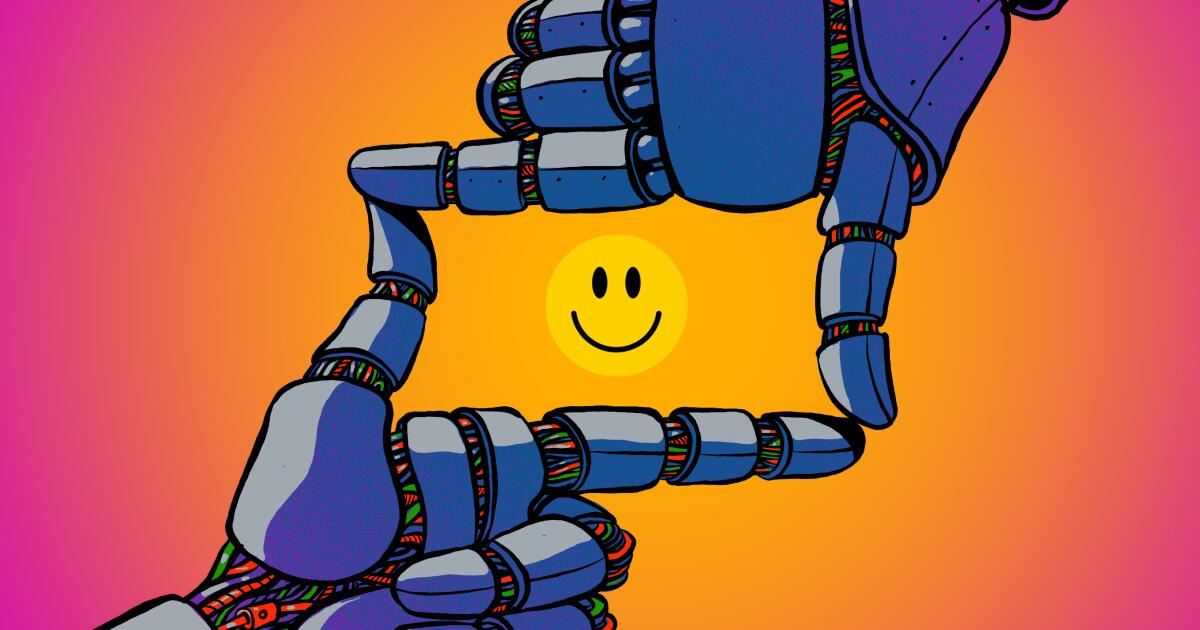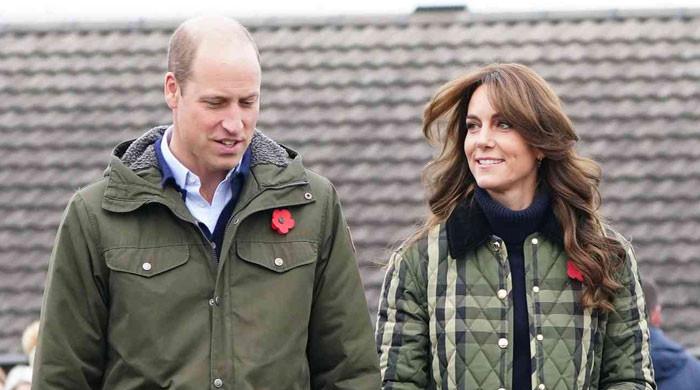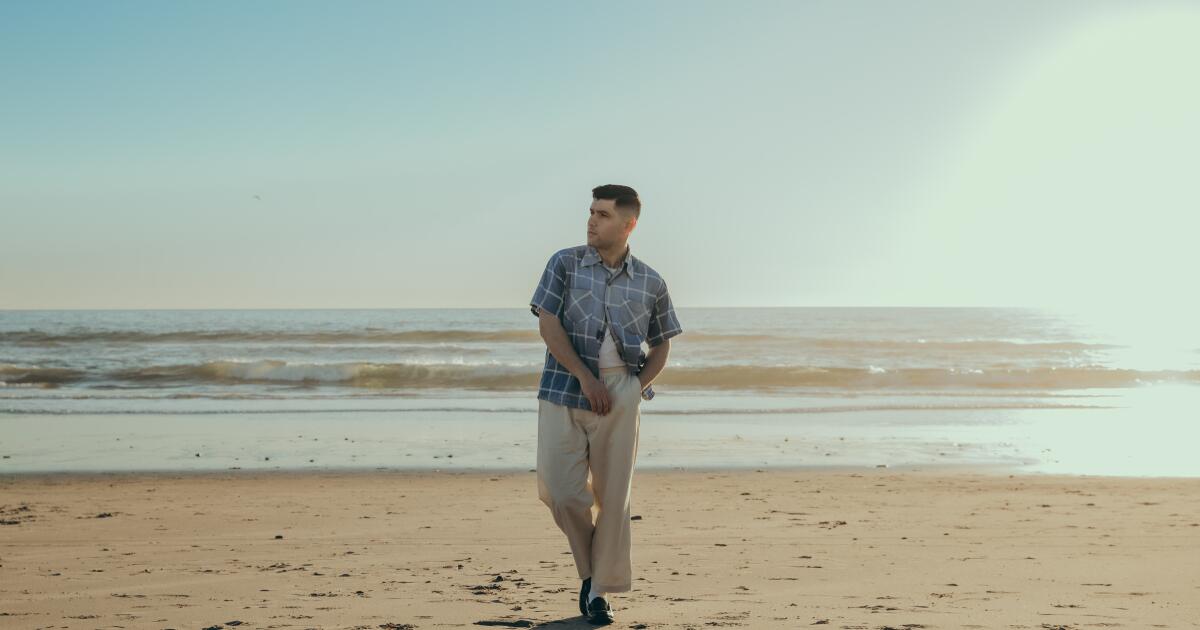Most of us want to connect and be understood. Most of us want to feel less alone in the world. That’s why we read books and watch movies. Taichi Yamada’s novel “Strangers,” a ghost story set in Japan, may not be my story, and yet it spoke to me on a deeply personal level. As Harada, the melancholic screenwriter, returns to his childhood home on the outskirts of Tokyo to reconnect with his parents, I was transported to my childhood home, dragged into my own past. His story was becoming mine and that’s what I needed to put in writing.
Making films is always exposing, but for this film to work, I knew I had to delve deeper into my own life than I had done before in my work. I needed to be specific, hoping that honesty would unlock the universal themes of the piece. It is worth clarifying that this is not an autobiography; Unlike the protagonist, my parents are still alive, but the story offered me the chance to examine loneliness and loss, and how these experiences shape our childhoods and ultimately define the adults we become. . It allowed me to explore my understanding of love, both familial and romantic, and how those dual aspects can inform each other, for better or worse.
Unlike the source material, there was never any doubt that it would keep the central character clear. If this was ultimately a story about love, then it was important to me that it portrayed queer love. I had been looking to say something about growing up gay in the 1980s for some time and how that experience haunts many of us like a ghost, but I hadn’t found the right story until now. Telling any queer story can be a challenging experience. The pressure of representation can be a heavy burden, but I knew I wanted to focus on the experience of a different generation of gay men who grew up in a certain time and place. Once again, specificity became the mantra.
The script emerged during the pandemic: trapped in my apartment, separated from my family, afraid of what could happen to the world and everyone in it. I delved into my own memories: photos, diaries, music. Many of my own stories became Adam’s. And as I wrote about my protagonist’s return to his family’s house, what I imagined was the house of my own childhood. And then, as we were setting up production, I made the decision to film in that real location, a place I hadn’t been back to in over 40 years. I wasn’t fully prepared for how it would make me feel, but it seemed like a good idea at the time.
It was a strange experience working in that space, filming scenes in my parents’ old bed or around the Christmas tree in a version of my old living room. I felt dragged back and forth in time. I developed eczema again, something I hadn’t had since I was young. The body seems to remember. He was not the happiest of children. Interestingly, it also seemed to have an effect on many members of the cast and crew, all navigating their own complicated relationships with their pasts as the film’s themes emerged throughout production. Once again the specific seemed to become universal.
Paul Mescal, left, and Andrew Scott star in “All of Us Strangers.”
(Reflector Images)
The editing was a long process. For months, my editor and I were locked in a room alone trying to create the unusual tone, the liminal space in which the film exists. With this came the growing anxiety that by sharing this film I would be revealing too much of myself. As we shared cuts, I could sense how overly sensitive he was to any criticism of the film, feeling that it was, in effect, a criticism of me. But if I wanted the film to radiate a certain vulnerability, then it had to contain my vulnerability as well.
Now the film is available and apparently connecting with the public. It’s comforting to know that maybe we did something right. We manage to excavate a feeling that others can recognize. We find the universal in the personal. It has allowed people to reflect on their own lives and the important people in them.
I’ve been asked if I feel liberated in any way now that the film is available. That’s a difficult question to answer yet. I feel like making the film has given me a greater understanding of the nature of love and its power to soften the harshest edges of life, but it hasn’t been an easy road. Maybe it shouldn’t be either. Making any type of art is usually as joyful and painful as life itself, but that doesn’t mean we shouldn’t keep trying.
I’ll end with a quote from Jung. “True liberation does not come from disguising or repressing painful states of feeling, but only from experiencing them fully.”

